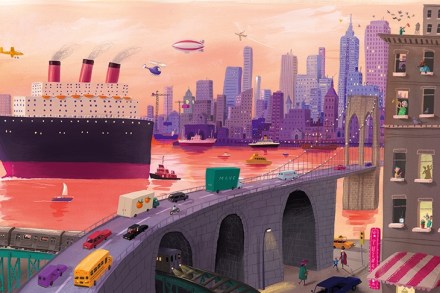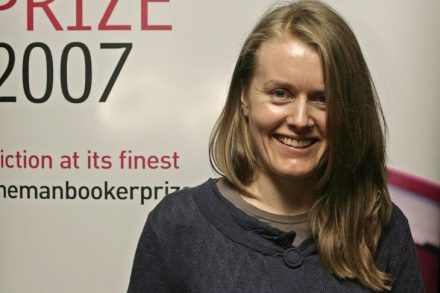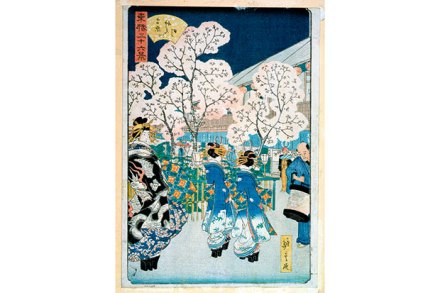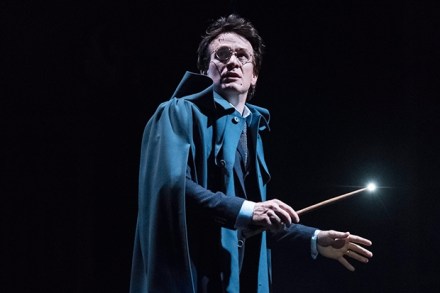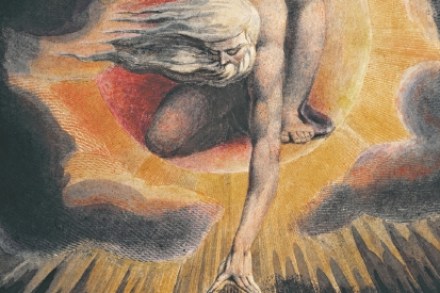Cat among the pigeons
Back in 1990, Roald Dahl wrote a book called The Minpins, which was illustrated by Patrick Benson, a very good artist. By now we regard Dahl (when writing for children) to be inescapably linked with Quentin Blake, to the point where any other combination seems fundamentally unsatisfactory, like trying to decouple Goscinny and Uderzo in the Asterix books, or Kenneth Grahame and Ernest Shepard for The Wind in the Willows. The whole is somehow bigger than both halves. So it’s a matter of pure delight that Blake has now illustrated the book (Puffin, £10.99). At a stroke, the atmosphere of the story has changed from menacing to spirited and intrepid.
